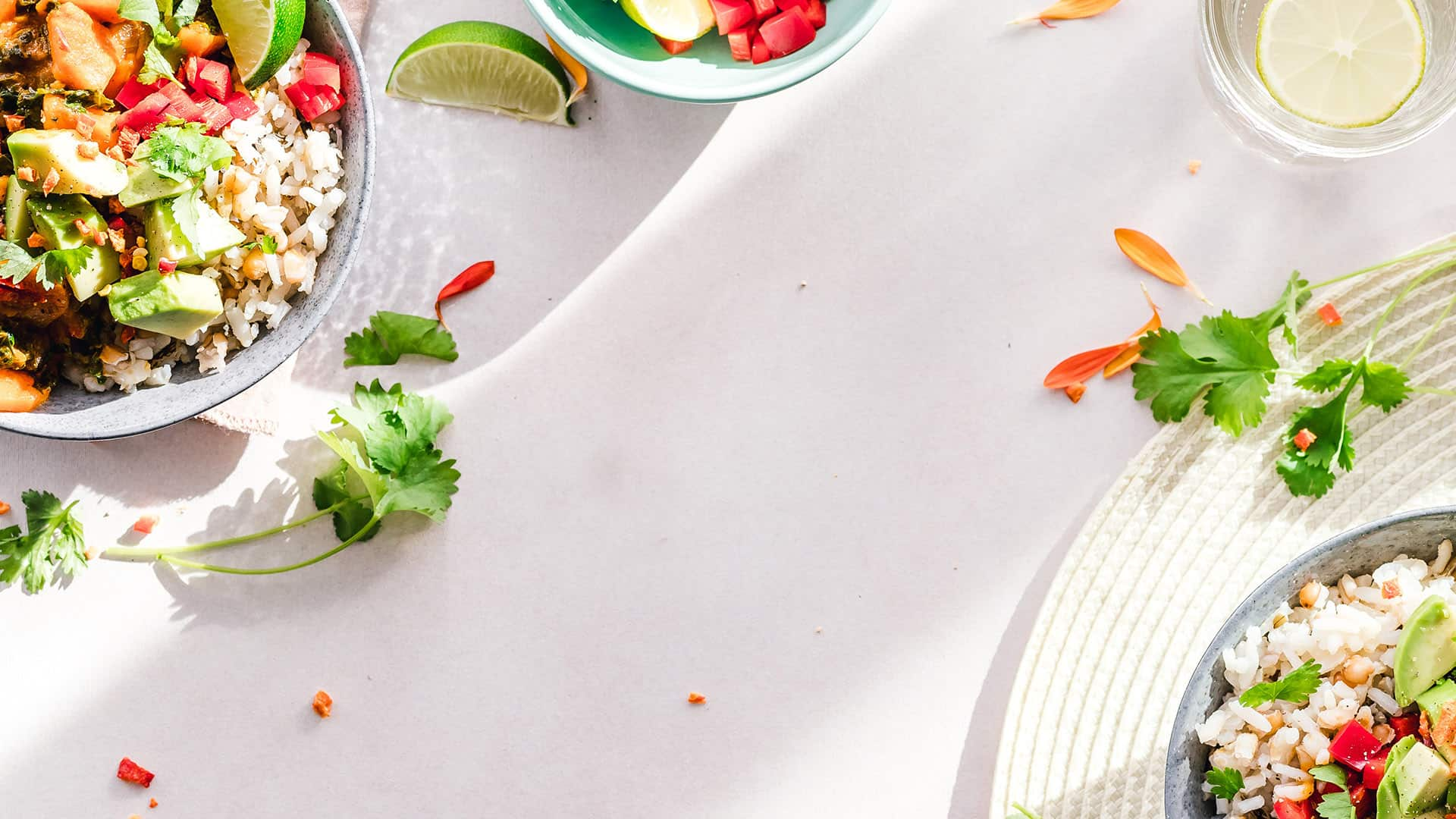
.jpg)
Fresh produce all year round – Lithuanians develop Europe’s largest vertical farm
The largest vertical farm in Europe is currently being developed in Lithuania. The business has already attracted 6 million euros in investment, and more is expected over the summer.
According to Valentinas Civinskas, CEO of Leafood, the developer of the vertical farm, this technology will allow Lithuanians to enjoy fresh quality produce all year round. At first, the farm will grow various types of lettuce and herbs but is also planning to include berries and vegetables in the future.
Outdoor conditions
When he lived in Denmark, Civinskas said he noticed that supermarkets lack local produce. The same is the case in Lithuania. This prompted him to create a vertical farm in Vilnius. Such a farm is unique because it allows recreating outdoor conditions indoors.
“Because it’s grown indoors, we can control the environment. Our sun is fluorescent lamps. We won’t be using soil, it will be grown in a gelponics way, which is a mixture of hydroponics and gel. It is a patented technology where the seed is placed in a gel substrate and absorbed in water,” the entrepreneur told LRT RADIO.
“There is this patented technology. Imagine a rack – a part of it will be in daylight (created by fluorescent lamps) for twelve hours, and then the rack will move to the other side, and it will be night,” Civinskas explained.
“Different fans will simulate the wind, the outdoor environment. In this way, there will be no seasonality. Looking at what is happening now with climate change, it encourages us to look for new, sustainable solutions, and we hope that with this project, we will be able to provide the people of Lithuania with production every day, all year round,” he added.
On traditional farms, the amount of land farmed is measured in hectares, whereas on a vertical farm, the scale is estimated in height.
“We will be growing up high. There will be fourteen floors, 4,000 square metres, and we will use that area very efficiently,” Civinskas said.
Sustainability
The vertical farm will also focus on sustainability and reducing the use of fertilisers.
“Macro fertilisers, such as calcium and magnesium, which are simply essential, will be used. We will also use biofertilisers from organic products, such as soybeans and oyster shells,” Civinskas said.
“Since we are growing in water, it will be similar to nano-technology. The water will be saturated with bubbles so that the roots absorb the minerals much better. Because the water is constantly circulating, the roots only absorb what they need,” he added.
In a vertical farm, most of the processes will be automated, so the consumer will be the first to touch the lettuce.
“Our lettuce will not be physically touched by hand on the farm. The process from planting to harvesting will be automated. Also, the lettuce will not need to be washed, so it will remain fresh longer,” the CEO of Leafood said.
Many people may assume that produce grown on vertical farms will be very expensive. But the developer of such a farm says this is not at all true.
“Our product will not be niche – it will be accessible to all. Our lettuce might be up to 20 percent more expensive but cheaper than organic lettuce,” Civinskas said.
According to him, it is unlikely that vertical farms will replace the regular ones, but there is plenty of space for growth: “In five or ten years, we will definitely be growing berries and all other vegetables.”
Expensive technology
According to Civinskas, meeting like-minded people helped him in developing the unique farming technology in Lithuania.
“While living in Denmark, I met the Taiwanese, who are one of the first developers of vertical farming and have been doing it for more than a decade. […] They make everything according to patented technology, and every year the technology improves,” Civinskas said.
The vertical farming equipment, bought from Taiwan, is very expensive, he admits. But the entrepreneur expects the payback in around 10 years.
“It can take up to ten years for a business to pay back. Of course, it depends very much on the energy prices. These days, they are very high. We hope that things will stabilise, and we will get back on track,” he said.
The vertical farm in Lithuania was established during the pandemic, which is “the worst scenario”, according to Civinskas. However, the business is looking for sustainable and cheaper energy solutions, such as generating electricity with solar panels.
The farm’s produce will be destined exclusively for Lithuanian consumers.
“Most of the lettuce will be sold to supermarket chains, wholesalers, and the hotel, restaurant and catering sector. It will also be possible to use our produce as components in other products, from cosmetics to the pharmaceutical industry,” Civinskas said.
If you have any questions or would like to get in touch with us, please email
info@futureofproteinproduction.com






